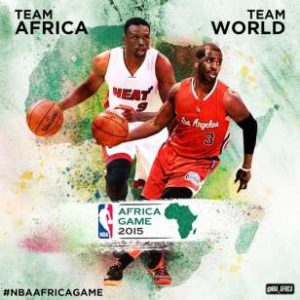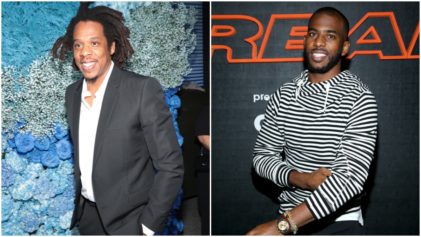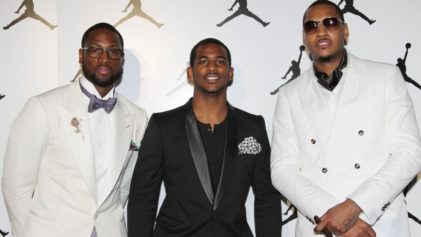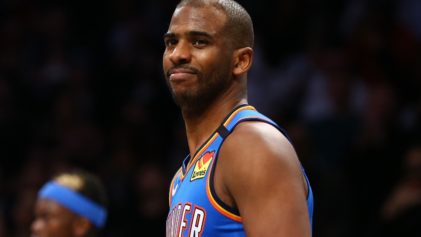
The joke then was that Africa had more non-basketball playing Black people than anywhere on the planet. And sure enough, handling a basketball seemed quite foreign to the natives. They were fresh out of apartheid, and the releasing of those figurative shackles meant more than playing hoops.
Twenty-one years later, significant strides have been made in South Africa, but the remnants of apartheid remain in that beautiful country on its southern tip. Interest in the NBA has ratcheted up in a big way, and the league wants to take that to another plateau of excitement by putting its stars from Africa and America on display there.
That’s why on August 1, an exhibition game will be played in Johannesburg—the first time NBA players will play against each other in Africa. Miami Heat forward Luol Deng, who was born in what is now South Sudan, will headline Team Africa, and Los Angeles Clippers star guard Chris Paul will lead Team World.
The NBA has been in Africa repeatedly since 1994, holding camps, building courts and raising interest and awareness in the game. But never has there been an actual game played there. Until now.
The game will be held at the Ellis Park Arena in Johannesburg, not far from the townships Ewing, Mutombo, Mourning and the NBA crew visited in ’94, an experience so harrowing that many among the league personnel departed in tears.
It is that part of the experience that will have the biggest impact. The South Africans will marvel at the size of the players and their amazing athleticism. It will be a welcome departure from the harsh reality of their daily plight.
But the players will get more out of the venture “home” than anyone. Most have not visited Africa, and so their impressions of what the continent is like will be covered in reality and not myth. And that reality is in stark contrast to the lavish lifestyles they live. Most low-income South African communities are more impoverished than America’s most deprived neighborhoods.
Black players will immediately feel a connection to the land and the people. Going to Africa is that powerful, that organic, especially for the first time. And seeing people of their heritage, people who look like them or family members or acquaintances in such dire conditions tugs at the heart and, hopefully, will strike such a cord that the millionaire athletes decide to help beyond playing in an exhibition.
That’s the true value of going to the continent—to experience the amazing history and culture and to be moved to contribute to the rebuilding of a nation where Black people are suffering in inhumane ways. Many—no, most—NBA players give back in the U.S., have foundations and contribute to causes to help vast inner cities and Black youth.
Extending that assistance to Africa would be monumental.
The league will announce the other players participating in this historic game in the near future. Those called to go should be honored.


